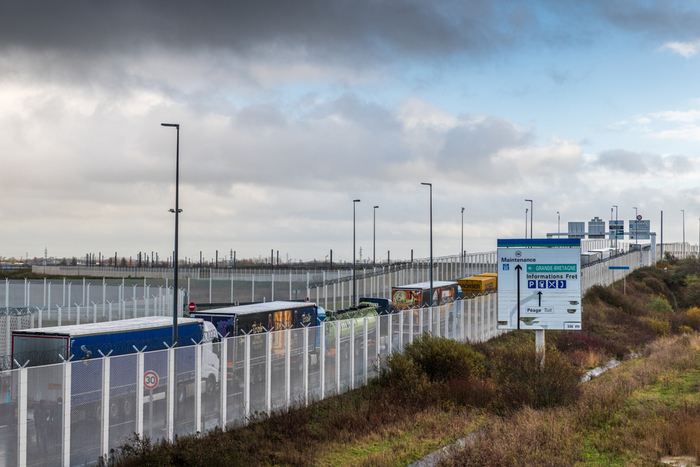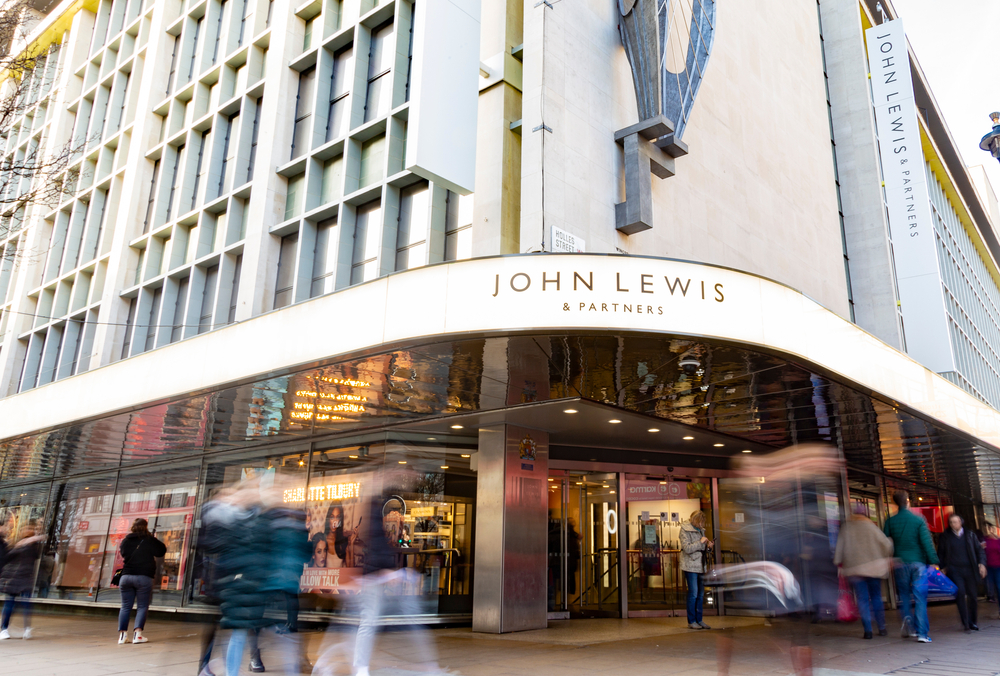This week may mark exactly five years since the Brexit referendum took place, but it wasn’t until January 31 last year that the transition period for the UK to formally leave the EU started.
The UK may have officially left the EU at the end of January 2020, as per the Withdrawal Agreement, but it remained a member of the single market and customs union in the ensuing 11 months. This period was known as the transition period, during which new trade deal between the UK and the EU was sought before the New Year’s Day deadline. The House of Commons managed to approve a zero tariff, zero quota trade deal with the EU on Christmas Eve.
It’s now been just over six months since that transition period ended, so the question remains: how have retailers been affected?
The new trade deal meant there would be a number of new customs procedures and formalities, including new rules of origin requirements. For example, from January 1 this year, goods being exported to the EU from the UK will attract a zero per cent UK VAT rate.

“Retailers have worked hard to adapt their supply chains and processes since the UK left the EU,” BRC, trade policy advisor, Aodhán Connolly said.
“Some retailers have still experienced higher costs as a result of new import duties, re-export tariffs, and red tape, furthermore SMEs have been particularly hard hit by changes in VAT and customs procedures.”
Roberto Lobue, partner and retail sector specialist at accountancy firm Menzies, said an increasing number of UK SME retailers have chosen to establish a presence in the EU since Brexit, either a branch or subsidiary, to avoid border delays and improve efficiency.
“Any goods imported from the far east go straight to their customers in the EU, rather than having to come in and out of the UK,” he said.
“From July 1, however, new EU-wide rules come into effect, which will alter the VAT treatment of the business-to-consumer trade across the EU.
“The new rules stop the need for businesses to register in multiple member states to gain access to the EU marketplace.
“Instead, UK retailers can opt to register in one single EU Member State and file a new One Stop Shop (OSS) VAT return in order to account for VAT on the sale of goods throughout the EU.
“Retailers should therefore be familiarising themselves with the new rules and seek advice around pre-registration.”

Connolly added that the real test for the retail industry will come in October and next January when new import checks are introduced on incoming food from the EU.
“It is imperative the UK and EU work together to reduce the cost and friction of required documentation, checks and bureaucracy, otherwise it will be UK consumers who suffer,” he said.
He added that the checks on imports from the EU have not yet started and will be introduced in October and January, and even chilled meats to Northern Ireland will only be checked from the July 1 – unless an agreement or unilateral action is taken.
B&M chief executive Simon Arora recently condemned the “nonsense” Irish border rules that have forced the retailer to carry out excessive veterinary checks across the Irish Sea.
Arora said earlier this month that the discount retailer must get veterinary sign-off for every lorry to send beef and tomato Pot Noodles from Liverpool to Dublin. He urged the government to resolve the disruption as Brexit red tape continues to affect movement for retailers and suppliers.
“If I want to ship beef and tomato pot noodles from Liverpool to Dublin I’ve got to get veterinary sign-off for every lorry. It’s a big problem,” Arora said at the time.
“Why do we have this friction? It makes no sense. The current situation is deeply unsatisfactory. The politicians need to fix it.”
“Brexit comes at a time when the retail industry is already under massive pressure”
British exports of animal and plant products to the EU are now required to be accompanies by health certificates issued by a registered official veterinarian following the UK’s departure.
Kantar recently found in its report that 32 per cent of food consumed in the UK comes from the EU, which means that retailers could be concerned about possible shortages of perishable goods.
Dominic Watkins, head of consumer at legal and business services DWF, said there has been a substantial drop in trade with the EU.
“Compared to the catastrophic impact of the pandemic on the sector, the impact of Brexit is less obvious but nonetheless significant,” he said.
“We lack legal certainty and even six months on there are still amendments being made regularly to address basic failings in domestic law.
“Many retailers importing products from the EU, have suddenly found themselves with regulatory duties and liabilities they didn’t have to worry about previously and even those who have the teams in place are discovering nuances that are causing considerable problems.”
Watkins added that Brexit has caused retailers to really think about supply chains and consider the geography of the UK and where the products come from.
Laura Lough, partnership director at ecommerce firm Digital River, said the UK retail industry was disproportionately dependant on not only goods crossing borders, but also personnel.
“It comes as no surprise that Brexit has dramatically hampered this flow, with both acute and long term complications for visas, skill requirements and the costs of hiring internationally,” she said.
“Brexit comes at a time when the retail industry is already under massive pressure. Changes in consumer behaviour driven by the pandemic is taking place alongside rising taxes, fees and bureaucracy between the UK and the EU.
“The pressure is on retailers to not only maintain customer experience but to improve it to keep their consumer base engaged and satisfied.
“Managing this in a period of unparalleled uncertainty, requires a well-planned and fine-tuned multi-channel strategy – something already proving elusive to many high streets retailers, who have already seen profits plummet.”
Meanwhile, Stuart Higgins, partner at management consultancy BearingPoint, said that although UK retail has been largely unaffected by Brexit, this situation could change significantly in the coming months.
“The pandemic has reduced demand across all non-food sectors and this has tended to make the post-Brexit transition slightly easier for non-food retailers who are better able to absorb disruptions within inbound supply routes as a result of Brexit related customs delays,” he said.
“Equally, the closure or many retail stores until relatively recently has masked the potential for labour shortages as many European retail workers returned to their home countries post Brexit.
“However, the recent relaxation of Covid restrictions means that the UK high street is now reopening and latent demand is high.
“Retail stores are also starting to feel the pressure of labour shortages and we are already seeing labour inflation starting to impact shopfloor salaries as retailers feel the need to compete for labour in a diminished labour pool.
“Whilst we are not seeing an impact on high street prices yet, within a buoyant market it will only be a matter of time before retailers start to pass on some of the additional costs associated with Brexit, that have been absorbed to date, onto consumers through retail price inflation.”
Undoubtedly, the end of the transition period has further exacerbated already-extreme shipping delays due to Covid-19, with trading costs rising and labour shortages becoming more apparent.
No matter how well prepared some retailers were, they were arguably unable to anticipate the amplification effect of Covid-19. But retailers which don’t rely on international suppliers in any way and primarily sell to Brits have arguably been able to avoid much of Brexit’s impact.
Meanwhile, smaller retailers were inherently ill-prepared in that they don’t possess the economies of scale necessary to mitigate the costly impacts and extra labour required to accommodate the imposed, added bureaucracy.
Nevertheless, online-only retailers with international suppliers have faced the Brexit wrath in the form of shipping delays and excessive costs on items they already were securing low margins.
Click here to sign up to Retail Gazette‘s free daily email newsletter


















